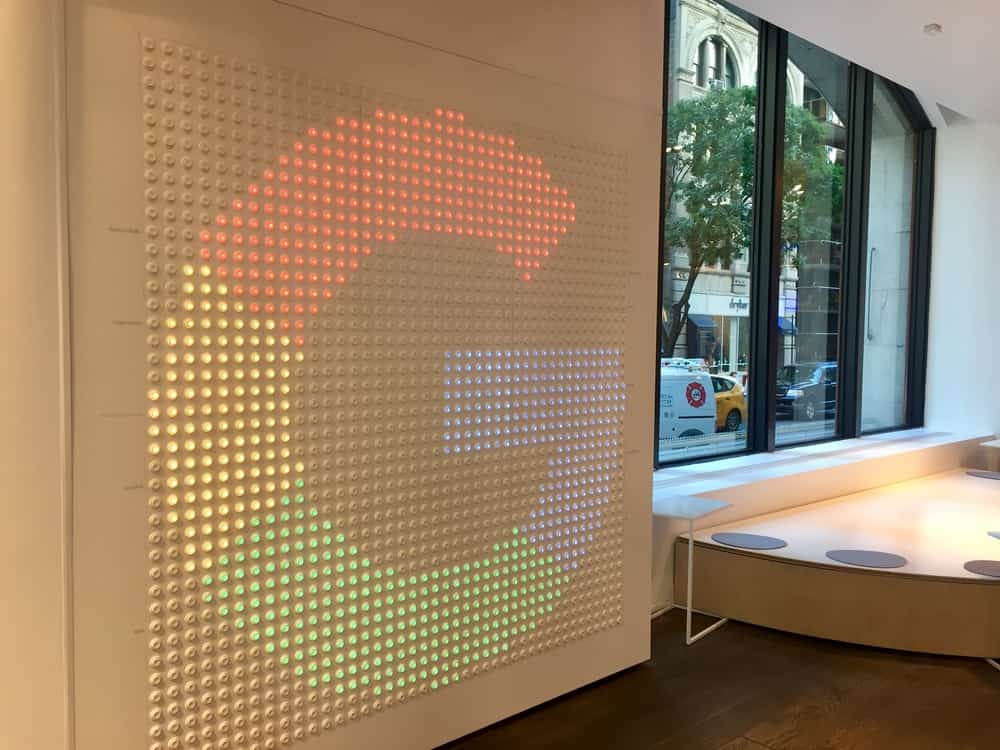August 7, 2025
5 min read
Mels Dees
Google launches Jules, an AI coding assistant running on Gemini 2.5 Pro, enabling asynchronous code tasks and deep GitHub integration.
Google Launches AI Coding Agent Jules
Google has officially launched its AI coding assistant Jules and taken it out of beta. The tool, introduced as a public preview at the end of May, is now available as a regular product. Jules runs on Gemini 2.5 Pro and is designed as an asynchronous, agent-based programming assistant that supports developers in various tasks. The system integrates with GitHub, clones repositories to a virtual cloud environment within Google Cloud, and independently performs operations on the code. This allows developers to outsource multiple processes without needing to be actively involved in every step. Unlike traditional AI tools that work synchronously and require direct interaction, Jules performs tasks completely asynchronously. Developers can initiate tasks, shut down their laptops, and return later to retrieve results. This makes Jules especially suitable for long-running or routine tasks that don't require continuous monitoring. During its beta phase, Jules supported thousands of developers. It was used for detecting and resolving bugs, expanding existing projects, and performing maintenance based on previously generated code. Jules proved particularly effective for repetitive development tasks such as creating test scripts, adjusting dependencies, and performing structural refactorings. Additionally, the agent supports generating changelogs and can read them aloud, enhancing usability in situations where visual attention is limited.Limitations of the free version
With the official rollout, Google introduced a modified pricing structure. The free entry-level version allows users to perform fifteen tasks per day with a maximum of three simultaneous processes, a reduction from the sixty tasks per day available during beta. For heavier use, Pro and Ultra subscriptions are offered at €21.99 and €274.99 per month in Europe, providing five and twenty times more processing capacity respectively, both in task count and parallel sessions. The pricing is based on data collected during testing to better understand usage behavior and optimize product positioning. The current free limits aim to give developers a realistic sense of how Jules can be applied in real projects. Privacy terms have been tightened: public repositories may be used to train the AI, but private projects are excluded from training and analysis. Commands run through Google Cloud infrastructure, which may raise caution among some developers despite Google's assurances of data minimization.Thousands of code improvements
During beta, Jules generated thousands of code improvements from tens of thousands of tasks. This phase revealed the need for features like reusing previous setups for faster execution, multimodal input support, and deeper GitHub integration, including automatic pull request creation. The platform was also enhanced to work better without an existing codebase, allowing users to start even with an empty repository. This improves accessibility for users experimenting with AI without a prior project. Usage statistics show millions of visits worldwide, with a significant portion from mobile devices. Despite lacking a native mobile app, many developers access Jules via the web interface on their phones. Internally, Google uses Jules for its own development projects and views it as a strategic component of its development stack.Source: Techzine

